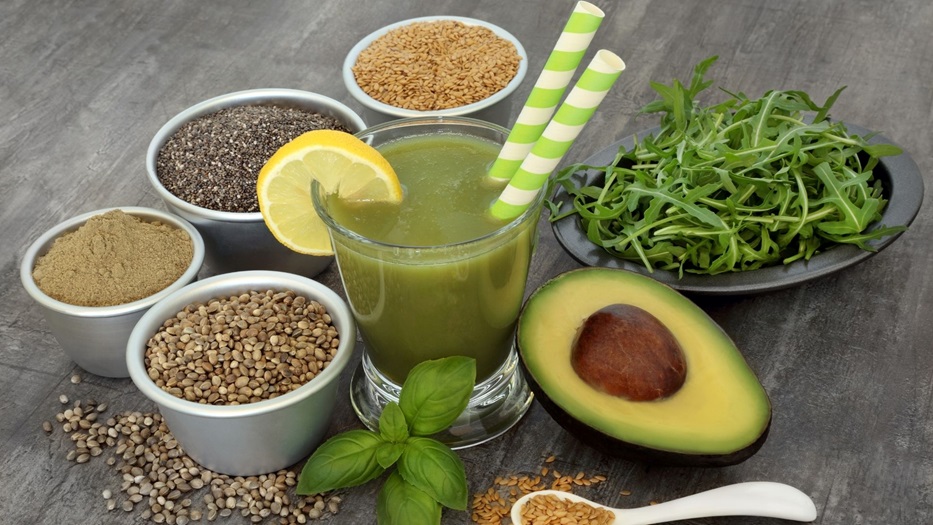
Oil is the most important and unavoidable element in any food we prepare on a daily basis. Picking the correct cooking oil from the different types and brands of oil available on the market is always a juggling act for everyone. There are many fallacies regarding cooking oil nowadays, most of which are related to the harmful effects of these oils on human health. It’s critical to separate the truth from the fiction when it comes to cooking oil, which is an essential component of our daily meals. The following are the top cooking oil myths and facts about them.
- Cooking oil fats are unhealthy.
While the word “fat” conjures up images of something you shouldn’t consume, it is an important part of a balanced diet. Fats are essential hormone building blocks. Additionally, fat in your diet provides you with energy. Because it is the most concentrated source of energy, it should be used with caution.
- There are no health risks associated with reusing oil.
Regardless of the type of oil used or the cooking purpose, people have a habit of reusing it numerous times (frying, sautéing, etc). Reusing frying oil is not a good idea since it releases free radicals, which can lead to cancer. Furthermore, overheating and repeatedly heating frying oil is harmful to one’s health, causing acidity, heart disease, irritable bowel syndrome, and Alzheimer’s disease.
- Single seed oils can provide the body with complete nutrition.
Single seed oils cannot deliver all the fatty acids in the appropriate mix, despite the fact that each oil has its own distinct fatty acid composition. According to the National Institute of Nutrition (NIN), we need a suitable balance of all types of fats for balanced nutrition from fats. As a result, single seed oils are unable to provide comprehensive fat nutrition. Staying healthy is easier with blended oils that have the correct combination of (Poly Unsaturated Fatty Acids) PUFA.
- More oil makes food taste better.
The second most popular cooking oil myth is that the more oil you use, the tastier your cuisine will be. The truth is that cooking with additional oil causes the food to overcook and lose a significant amount of nutrients. Furthermore, consuming high-oil foods raises your cholesterol levels in the body, increasing your chance of health difficulties.
- Low-cholesterol vegetable oils should be utilized.
For cooking, Indians primarily use vegetable oils. Most of us have seen advertisements advising us to choose a low-cholesterol vegetable oil, but in truth, vegetable oils are derived from plants and hence do not contain cholesterol. So, instead of relying on advertisements that are really marketing gimmicks, examine the nutritional information on the oil packs or cans to learn about the oil’s nutritional value.
- Traditional cooking oils aren’t good for your heart.
Traditional cooking oils have been marginalized as a result of the introduction of so-called heart-friendly cooking oils like sunflower or safflower oils into our diet due to the presence of PUFA in these oils. Traditional cooking oils like ghee, mustard oil, and coconut oil, on the other hand, have been shown to be more effective than heart-friendly oils in reducing the risk of acute heart disease, type 2 diabetes, and dyslipidemias.


